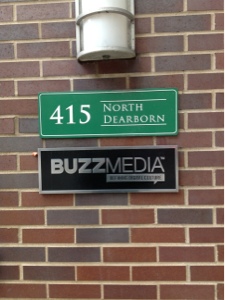By now, there can be nobody in the United States who is even remotely interested in foreign affairs who does not know that on Thursday the government in Britain suffered a defeat in the House of Commons with a clearly hostile debate in the House of Lords over the question of whether to intervene militarily in Syria.
Much has been made that this is the first defeat for a government over matters of war since some imbroglio in the eighteenth century when the Prime Minister was Lord North. The reason is actually simple: the government does not have to go to Parliament over either declaration of war and actual acts of war. These come under the Royal Prerogative, which is now vested in the government of the day and all attempts to change that through legislation have failed. However, Tony Blair found it necessary to ask Parliament (several times) about the war in Iraq and got his authorization. It would have been impossible for David Cameron to do otherwise but his case was quite genuinely not good enough to pass muster.
I wrote a blog a few days ago, in which I put together some of the questions that, in my opinion, those clamouring for intervention needed to answer. This has not happened to any acceptable degree and even after the vote, those who are hysterically lambasting the MPs refuse to do so, constantly shifting the ground as to why we should intervene.
Since the vote, which was immediately accepted by the Prime Minister, possibly with secret relief, I became involved in ferocious disputations on the subject. In the end I decided to sum up the situation as I saw it in another, rather long, blog. It is largely about the situation as far as Britain is concerned so it may be of interest to readers of this blog.
For the record, I do not think this is the end of the Special Relationship, which exists on many more levels than political posturing. As I say in the blog, if it survived Harold Wilson’s premiership, it will survive the Obama presidency. Some things are more important than immediate and confused politicking.
